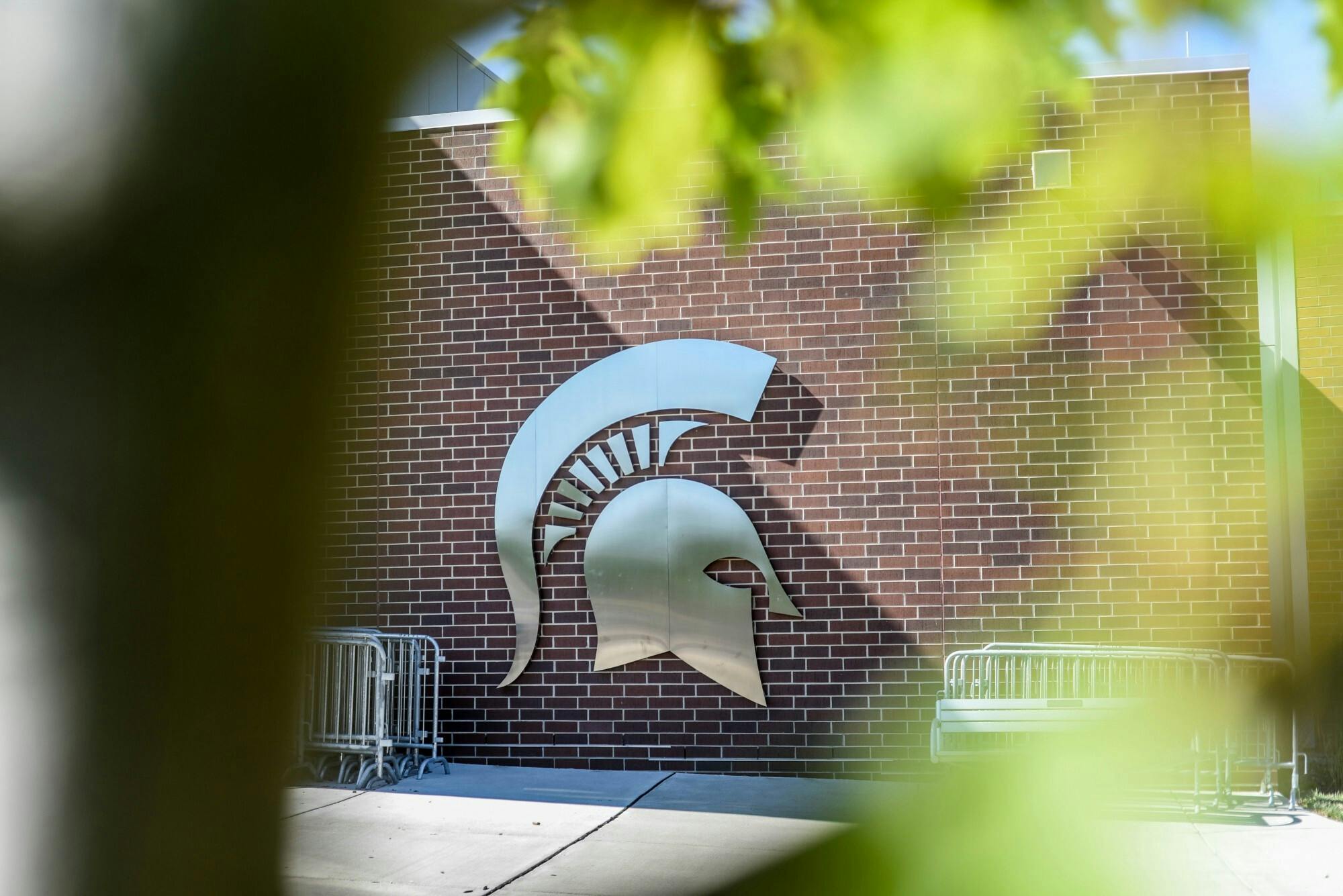MSU Health Care partnered with a company to bring accessible remote monitoring devices to its patients. These devices measure and record a variety of health data and send it automatically.
“It’s sort of the future for how we’re going to be dealing with medicine because … more and more, the outreach of medicine into people’s homes, to engage patients where they are, is much more the direction that we’re seeing health care moving towards,” College of Medicine Assistant Professor Dr. Churlsun Han said.
Two main reasons drove the decision to partner with the company, called Higi Care Everyday, when coming into the conversation two years ago: accurate daily data and safety measures due to the COVID-19 pandemic.
When doctors see patients at the office for readings, that data often doesn’t reflect their overall health status.
“We didn’t want to bring people into the office, people didn’t want to come into the office, and yet we need to know how they’re doing, and the best way for us to do that is to utilize technology to monitor them,” Chief Innovation Digital Health Officer Roger Jansen said. “The more frequently and the more data we can collect and in environments outside of a typical clinicians office, we can have a much greater level of accuracy about someone’s health status and be able to take better care of them as a result.”
The company offers three devices: a blood pressure cuff, a scale and a glucometer to measure various data including oxygen saturation, glucose, weight, temperature, blood pressure, sleep and more.
A 24/7 year-round clinically trained care management team also talks patients through the device setup process and supplies real-time responses to patients and reminders for measurements.
“That relationship really breeds success in this kind of structure, in the same way that we trust our primary care physician, and so, we can tell them information that would help our health overall,” Director of Projects for MSU Health Care Ceirra Hoch said.
Han focuses as a primary care internal medicine doctor for adults and uses Higi Care Everyday to prevent patients from needing to buy unnecessary medication for blood pressure or diabetic patients that catch their problems themselves.
“That was really sort of my interest in remote patient monitoring — is to stop letting those situations fall through the cracks,” Han said. “So that when we have patients that really you need to figure stuff out … we can catch them.”
The devices given to patients automatically send data cellularly, a crucial step many patients miss.
“A lot of the patients that we have … are people that are, let’s say, less technologically inclined,” Han said. “We wanted to try to make sure these devices are accessible for people with less technology literacy in order that the people that need these devices are able to actually get useful information out of it.”
MSU Health Care has seen a trend of better blood pressure control after Higi Care Everyday has been implemented over the past few months. When patients have information about their measurements, they feel empowered to take better control of their health, Jansen said.
“That’s something that we know really well is effective for getting patients to be in better control of their diseases, because if you’re invested in your own disease management, that really gets you to really be more engaged,” Han said.
Higi Care Everyday is one of the only companies that have an omnichannel platform with RPM and physical health kiosks, and care managers that can proactively give live recommendations to patients.
“You’re seeing these immediate effects with patients that, I mean, it’s impacting their long-term health, and it’s something that’s so simple,” Hoch said. “Before COVID we saw kind of a stagnation in the way that health care was provided to patients, but we did see the demand of patients wanting health care in the same way that they’re consuming other services ... RPM is the culmination of more access with technology where it matters.”
Support student media!
Please consider donating to The State News and help fund the future of journalism.
Discussion
Share and discuss “Accessible remote monitoring technology advances MSU Health Care” on social media.







